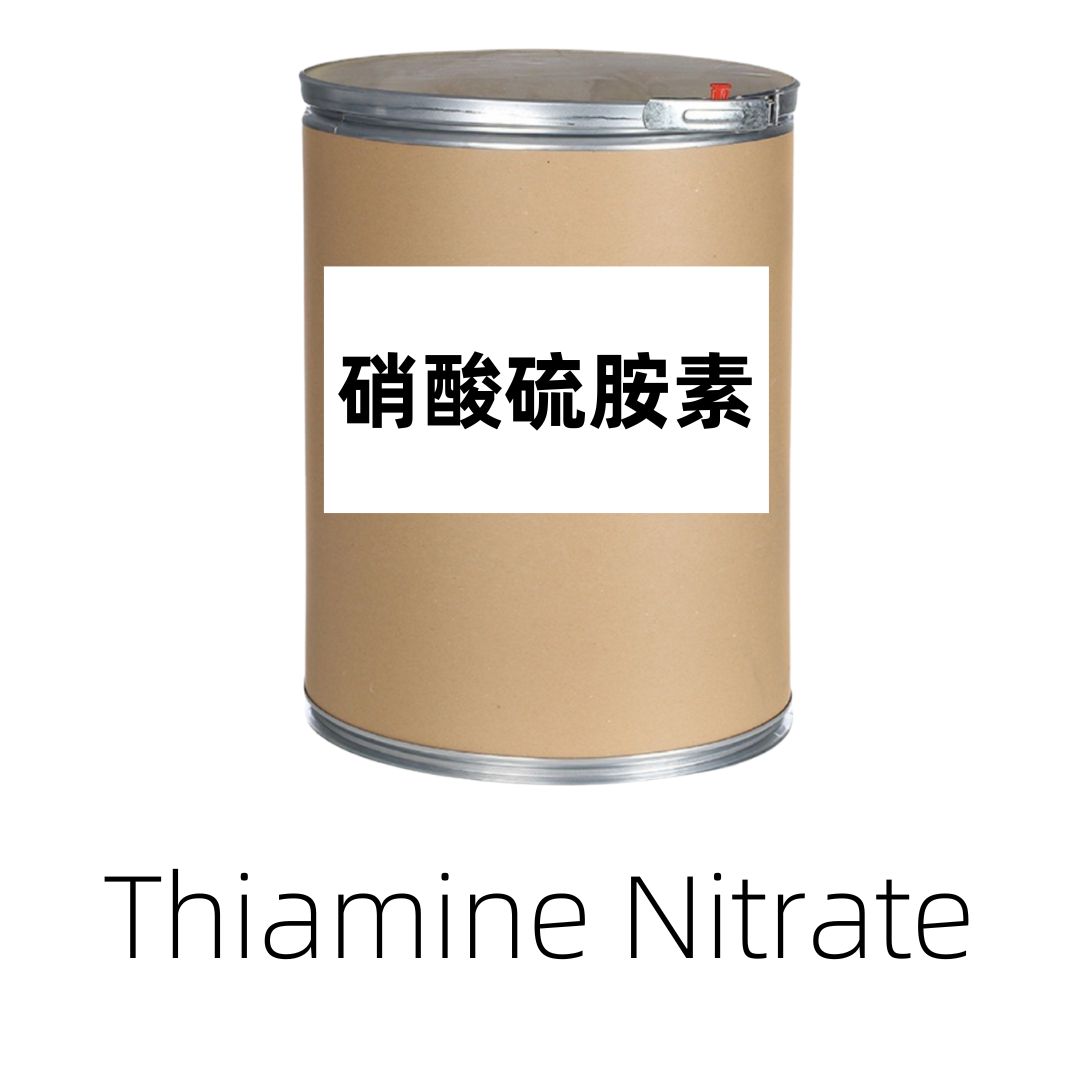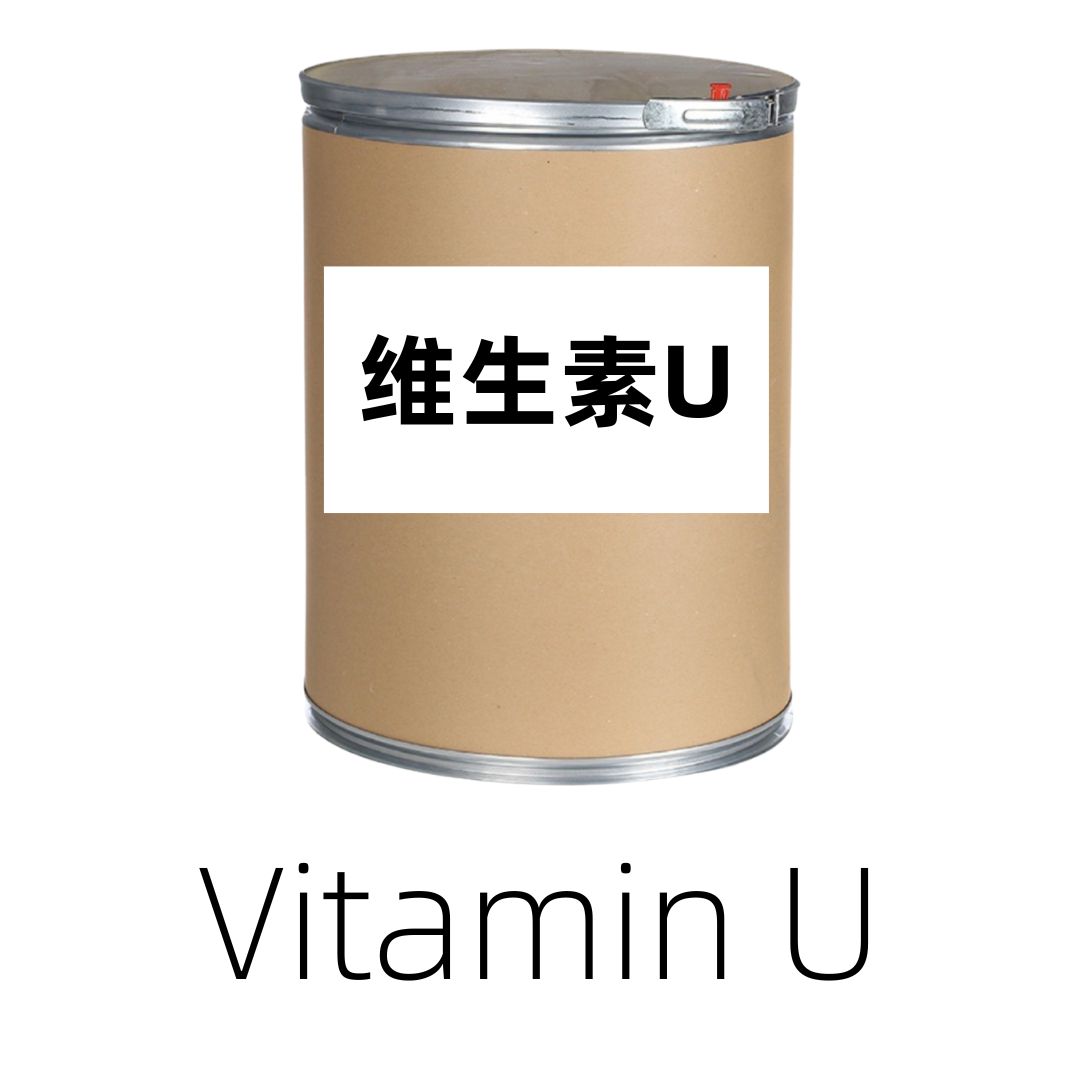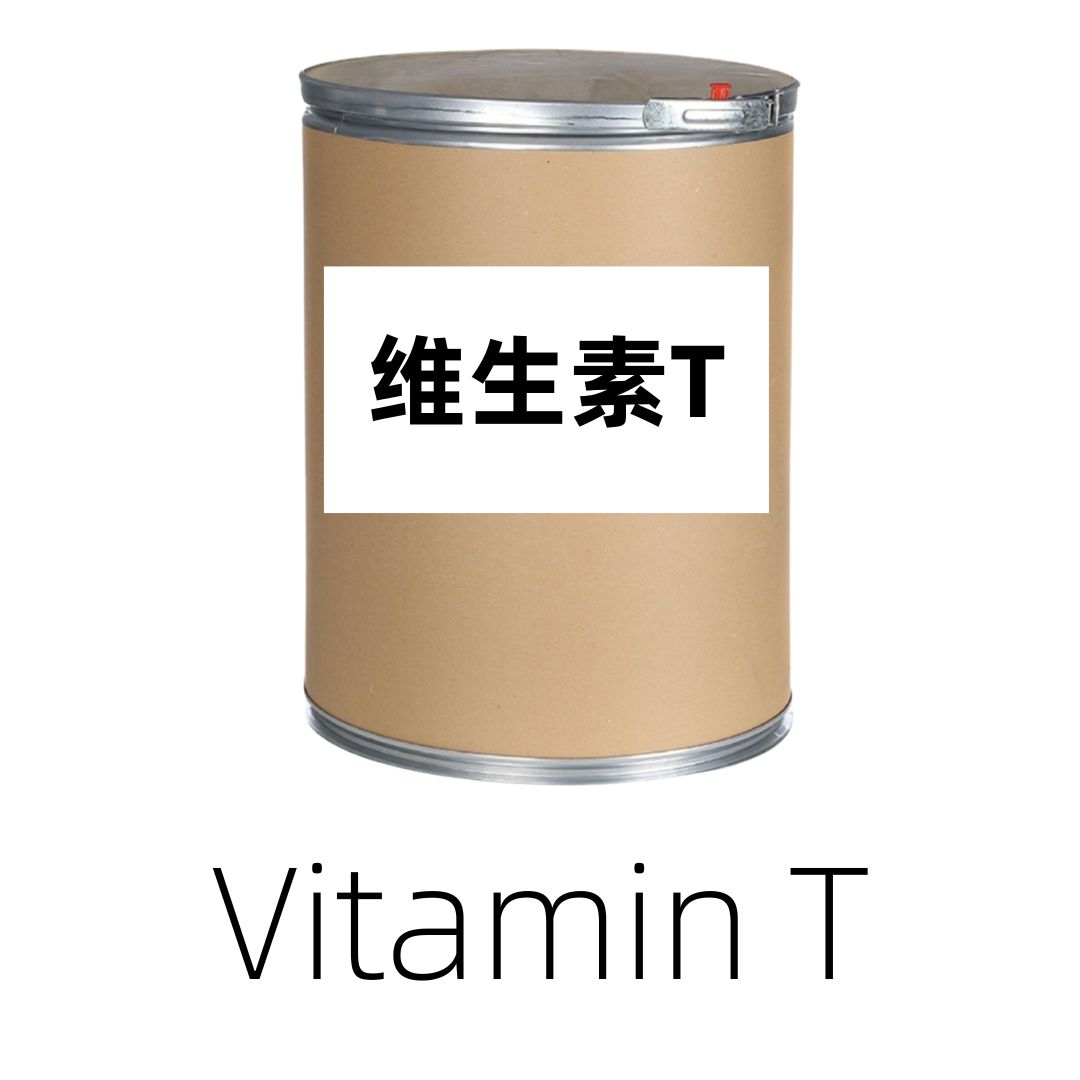Product Introduction
Vitamin C, also known as ascorbic acid, is a vital nutrient that plays a crucial role in various biological functions. It is primarily sourced from fruits and vegetables, with citrus fruits, berries, and green leafy vegetables being notable examples. This essential vitamin is known for its antioxidant properties and is widely used in food preservation, enhancing nutritional quality, and improving texture in various products. Vitamin C supports immune function and collagen synthesis, making it important not just in dietary supplements, but also in cosmetics and pharmaceuticals.
Production Process
The production of vitamin C primarily involves a synthetic process known as fermentation or chemical synthesis, starting with glucose as the primary raw material. The glucose undergoes microbial fermentation or chemical reactions to produce sorbitol, which is then oxidized to form ascorbic acid. This method allows for high purity and quality control, ensuring that the final product meets industry standards.
Application Scenarios
Vitamin C is extensively utilized in numerous settings. In the food and beverage industry, it serves as an antioxidant, preventing spoilage and maintaining freshness. In dietary supplements, it is marketed for its health benefits, particularly in immune support and skin health. The cosmetic industry also incorporates vitamin C due to its ability to brighten skin and reduce signs of aging. Pharmaceutical formulations utilize vitamin C for its therapeutic properties, enhancing formulations for various medical applications.
Packaging and Storage
- Storage Conditions: Vitamin C should be sealed and protected from light. It must be stored in a dry, cool, and well-ventilated place, with a clear avoidance of high temperatures.
- Packaging: Standard packaging includes bulk 25 kg/paper drum, or sample sizes in 1 kg/aluminum foil bags. Custom packaging options are available as per customer requirements.
- Shipping Method: Shipping options include FedEx, DHL, dedicated logistics, and sea freight consolidation.
- Validity Period: The product remains stable for a validity period of two years when properly stored.
Monica Sun possesses extensive technical expertise and market insights in the food additives industry. She excels in designing efficient and safe additive formulations tailored to various food applications, ranging from sweeteners to functional dietary fibers. Monica has successfully assisted food manufacturers in optimizing ingredient combinations to enhance product quality and improve consumer satisfaction.

vitamin-c(ascorbic-acid).jpg?orientation=landscape&width=1080&height=1080)







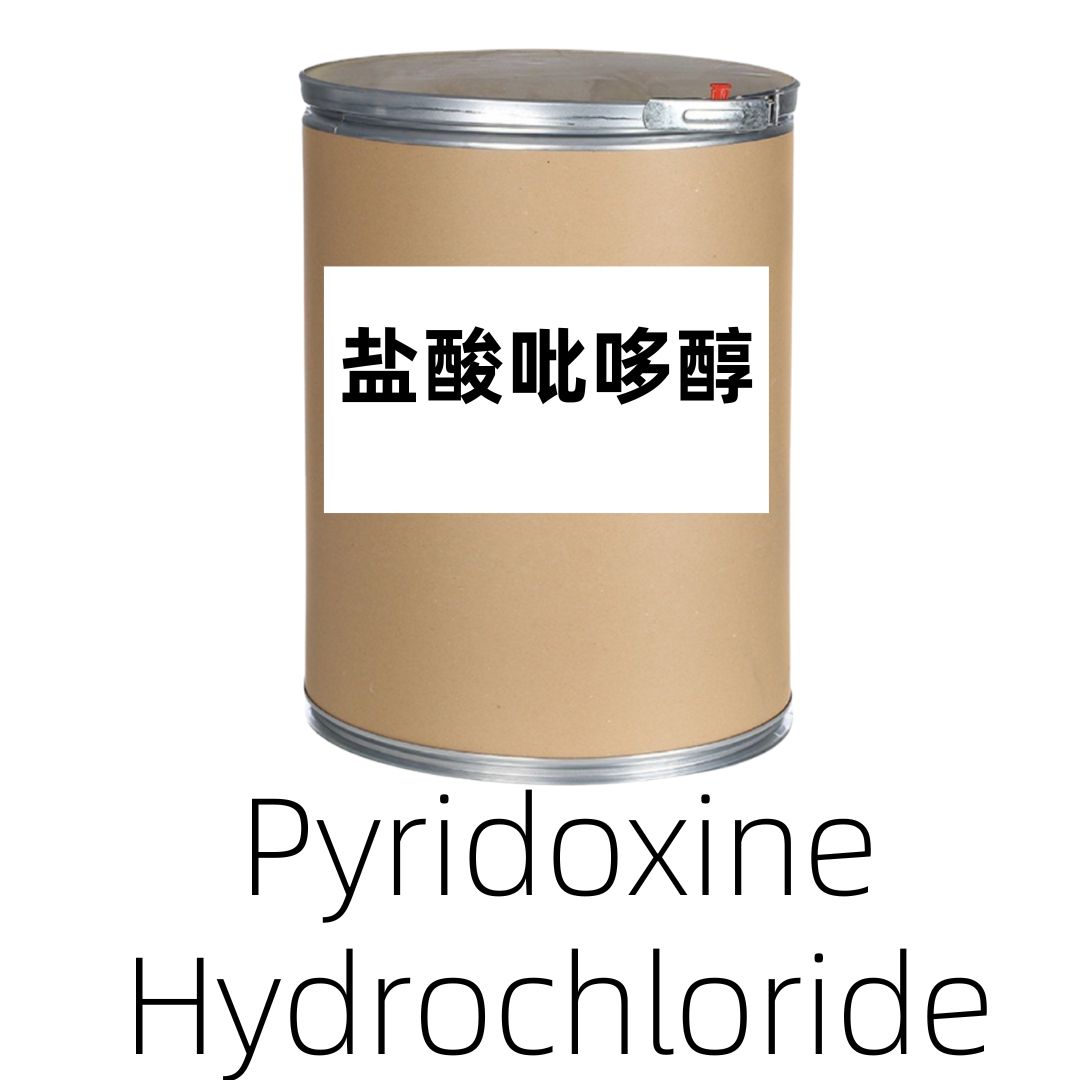
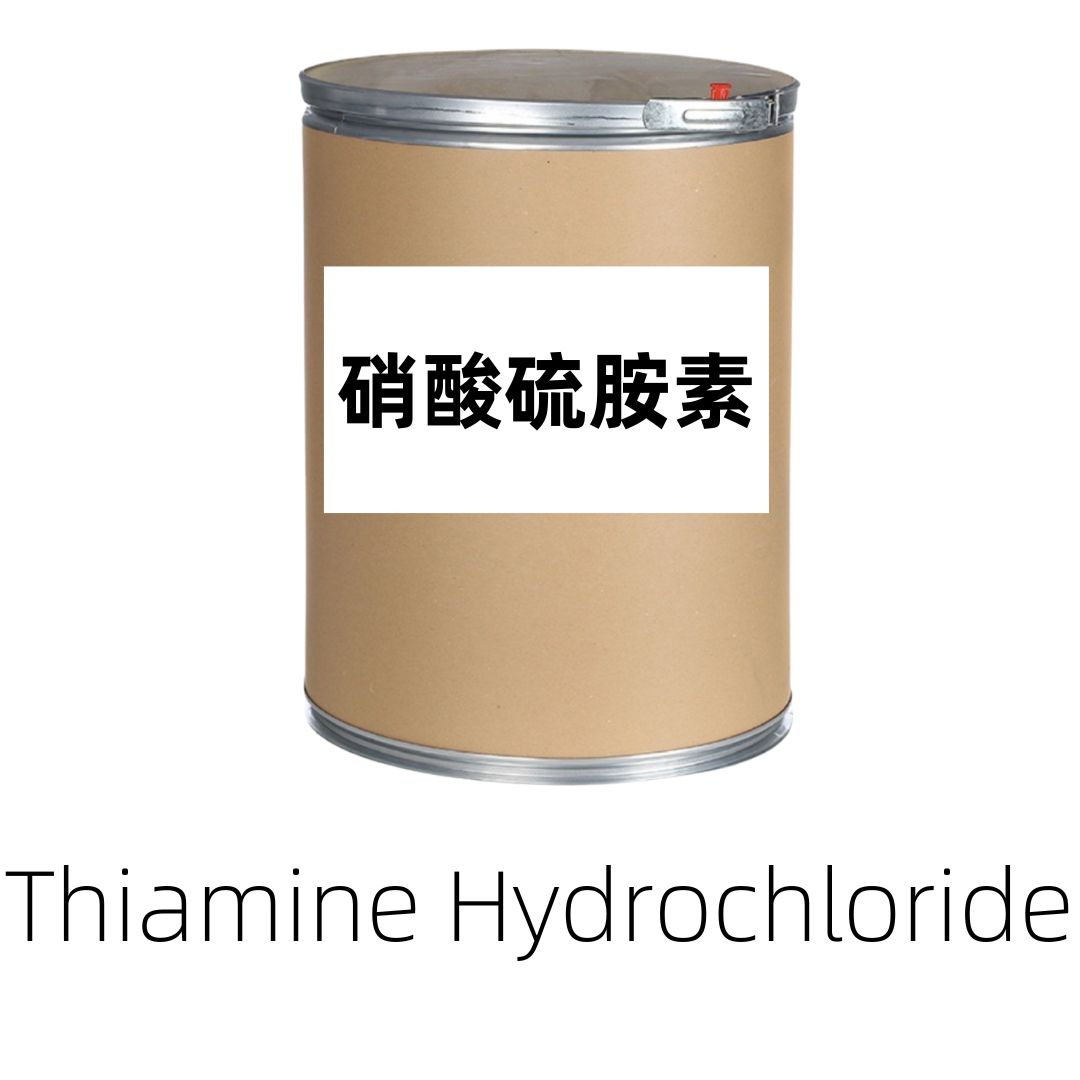
nicotinamide.jpg)
